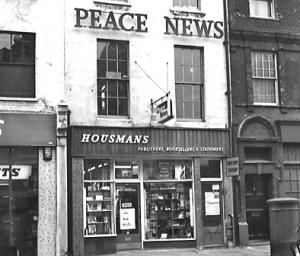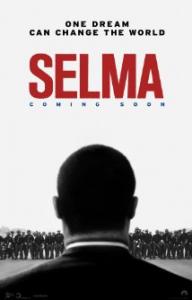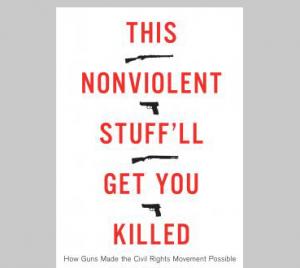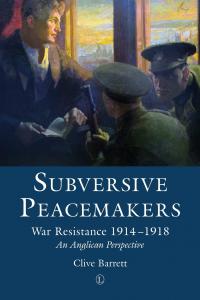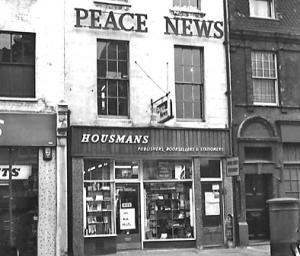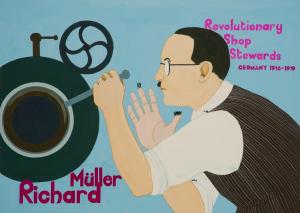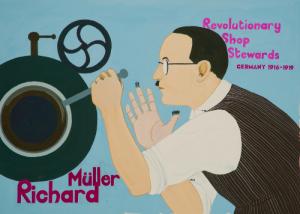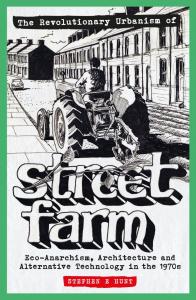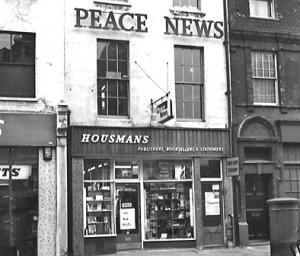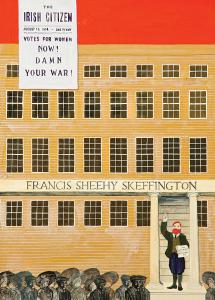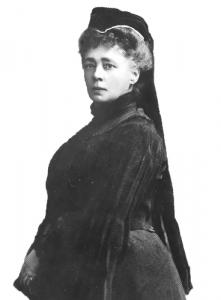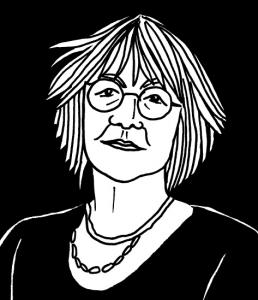As the Second World War’s killing ended – in the European theatre at least – news emerged from recently-liberated concentration camps and extermination camps. Much of this PN report was based on a visit to Buchenwald a few weeks earlier by a London-based Swedish journalist.
The details of the treatment of German conscientious objectors which we print below give the first detailed factual reply to the oft-repeated war-time question – ‘What would happen to any conscientious objectors in…


